-
What is ChatGPT: Exploring an Incredible Chatbot

The development of ChatGPT represents a significant breakthrough in the field of artificial intelligence. It showcases the incredible advancements made in natural language processing and machine learning. So what exactly is this new tool that everyone’s raving about? That question and many others are answered by UC San Diego Halıcıoğlu Data Science Institute Assistant Professor […]
-
50 Years Ago The First Cell Phone Call Revolutionized How We Communicate Today
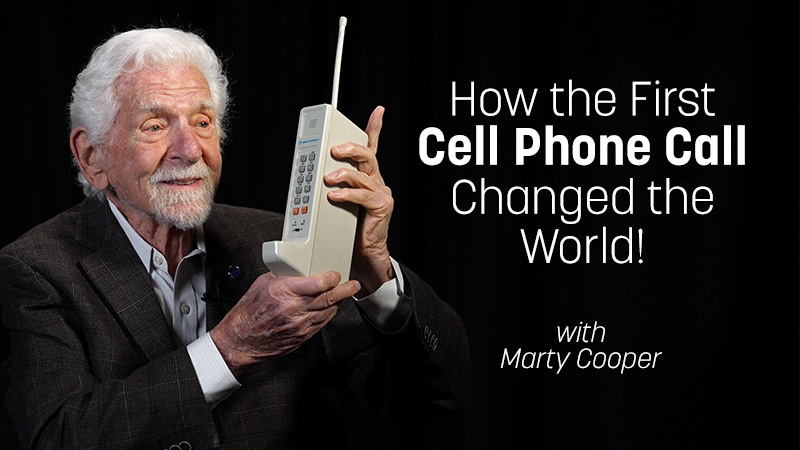
On April 3, 1973, a Motorola engineer named Martin Cooper made the very first handheld cell phone call while standing on Sixth Avenue outside the New York City Hilton in midtown Manhattan. That historic call, with a portable phone weighing 2.5lbs, would revolutionize how we communicate with each other. But the ‘brick’ phone is very […]
-
The Shrinking Salton Sea and the Dust Storms Impacting the Imperial Valley
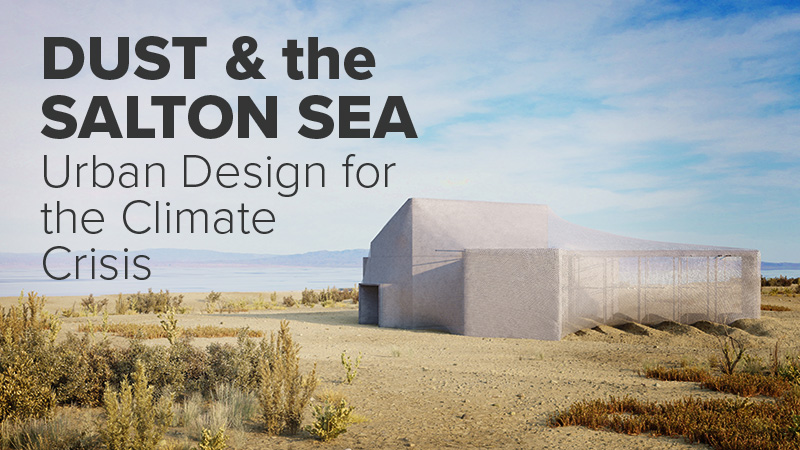
Just a hundred miles to the East of San Diego, lies one of the largest inland lakes in the West. Formed by an inflow of water from the Colorado River, the Salton Sea covers 318 square miles of the Imperial Valley. However, as a result of combined human activity and climate change, the lake is […]
-
Big Data is Helping Firefighters Battle Wildfires
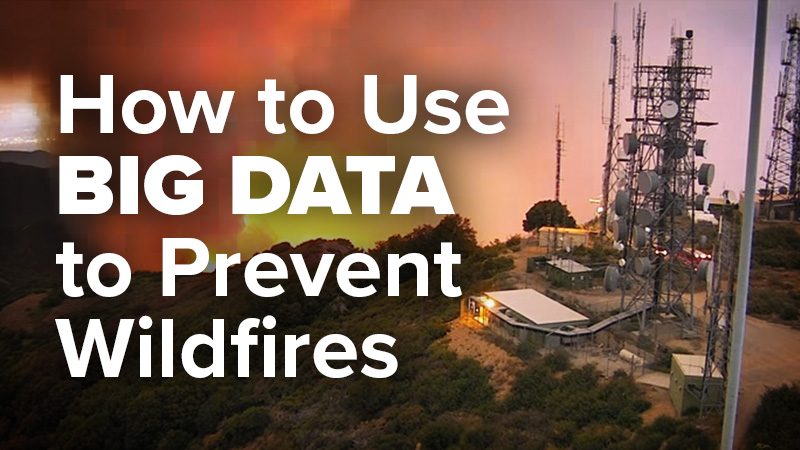
Wildfire activity in the United States is rapidly changing. Many of these changes are felt throughout the West as weather conditions become hotter and drier due to climate change. California continues to experience drought conditions throughout most of the state despite the recent rains. The ongoing drought has led to a dramatic increase in wildfires. […]
-
Sanford Stem Cell Symposium 2022

In late October of 2022, research and clinical experts from around the globe gathered for the Sanford Stem Cell Institute Symposium – a multidisciplinary event highlighting recent breakthroughs in regenerative medicine. Stakeholders from academia, industry, government, and the public discussed developments in the field for turning stem cell-based therapies into approved products for patients in […]
-
Coral Reefs Adapting to the Warming Waters of Climate Change
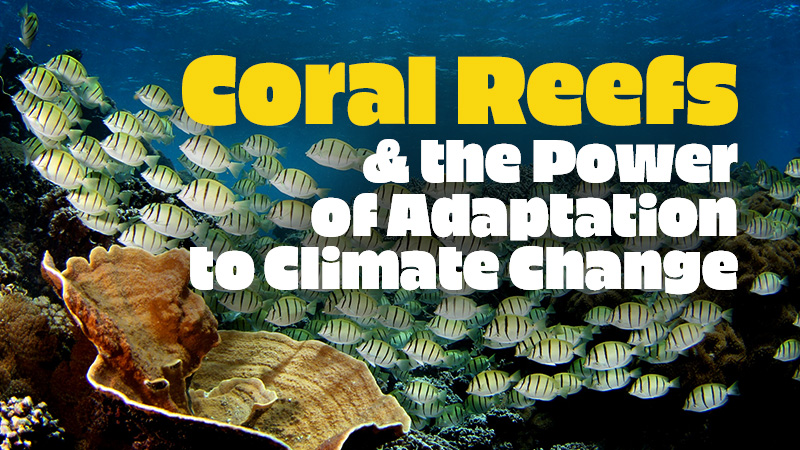
Coral reefs cover less than 1% of the Earth’s surface, yet are estimated to support 25% of marine biodiversity. For the millions of people living adjacent to coral reefs, this productive ecosystem provides important shoreline protection and critical food. Global climatic changes are altering the structure and functioning of many reef ecosystems. Scripps Institution of […]
-
The Future of Robotics with CJ Taylor
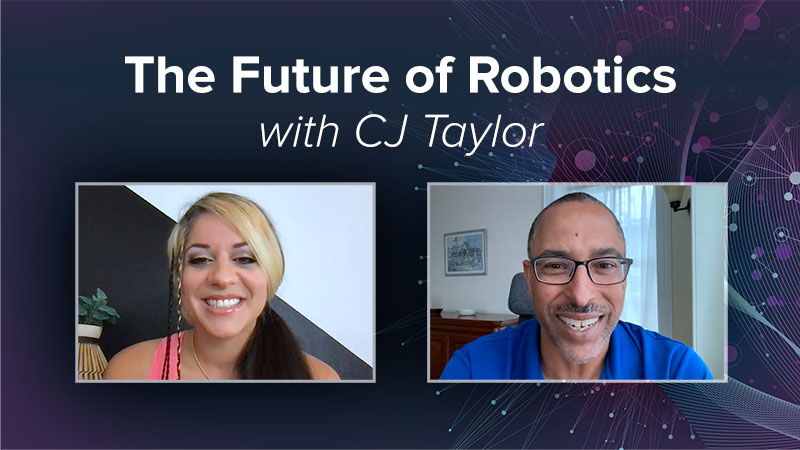
When not teaching at the University of Pennsylvania, CJ Taylor is part of the Robotics team working on The Institute for Learning-Enabled Optimization at Scale (TILOS) at UC San Diego’s Halıcıoğlu Data Science Institute. He talks with Saura Naderi about his upbringing, his early interest in data science, and his current role within TILOS where […]
-
Scientists and City Planners Work Together to Combat Climate Change

With the increasingly growing threat of climate change, coastal regions are more susceptible to a host of risks to the natural environment and our quality of life as a result. Our beaches and coastal bluffs are being eroded by ocean storms and sea level rise, ongoing drought leaves us vulnerable to wildfires and habitat and […]
-
Little Blue Penguins Find New Home at Birch Aquarium
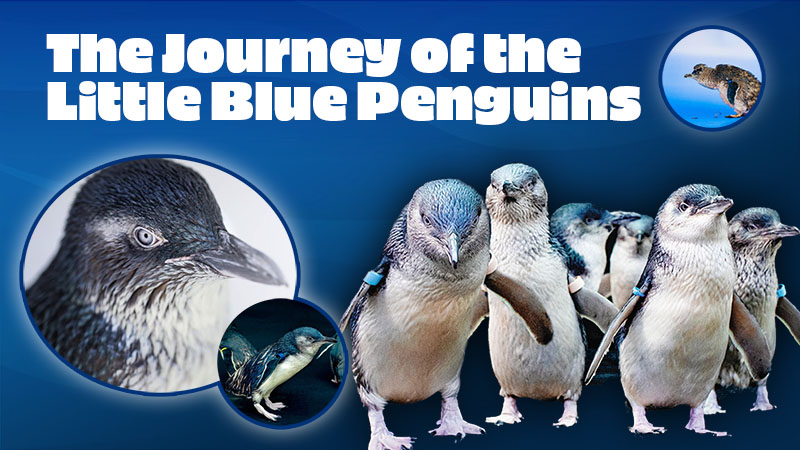
They are known for their big personalities and rather small stature. Standing less than 12 inches tall and weighing around 2 pounds, Little Blue Penguins are the smallest species of the flightless bird. While the population of Little Blues is considered stable in most locations, declines have been observed in some areas. While in the […]
-
The Story Behind the Elusive Pacific Footballfish
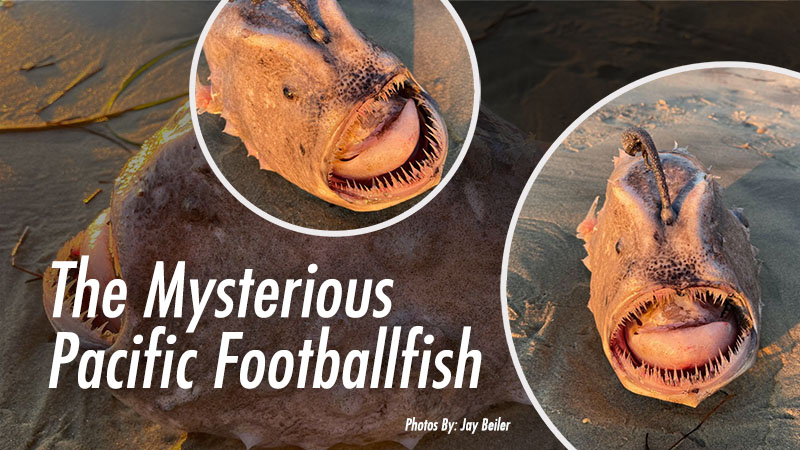
It looks like something out of a science fiction movie. A black blob with nightmarish spiny teeth, small black eyes, and prickly skin. A monster that never sees the light of day, using a bio-luminescent bulb swinging from its head to not only light its path, but also attract prey as well. The Pacific Footballfish […]